
This is a photo series from my recent trip to Central and Eastern Kenya, where I visited mango farmers who benefit from the YieldWise Initiative, supported by the Rockefeller Foundation. The goal of Yieldwise is to reduce post-harvest losses by 50%. Farmers are encouraged to work in groups to increase their bargaining power, access to markets, and use of new technologies to increase the shelf life of their produce. These photos showcase the power of the farmers’ collective action.
With support from The Rockefeller Foundation, these farmers have established diverse agricultural enterprises that showcase the vast possibilities in agriculture. Access to affordable technologies powered by renewable energy has unlocked economic opportunity for the farmers. These photos also show the rising inclusion of women and young people, and their active participation in agricultural enterprises. Most importantly, the farmers attest to a reduction of post-harvest losses due to the various interventions by The Rockefeller Foundation.
Kambiti
Mangoes from Ukambani in Eastern Kenya are said to be sweetest. Kambiti East Mango Farmers’ cooperative are extending the sweetness beyond the mango season by processing mangoes into chips, crisps and flour. They also use the same equipment to process bananas, pineapples and pumpkin into flours that are highly nutritious. The group has opened an outlet kiosk in Kambiti to sell their products. With revenues from the kiosk they can meet their monthly operational costs, which include the cost of employing one member of their community.
Chaaria
Chaaria Farmers’ Group has been certified to export their mangoes. This enables them to sell the fruit at a higher price and to a reliable and consistent market. They also have a fruit processing facility, as well as a charcoal cooler that preserves fresh fruits for up to 14 days.
Kiamuri
One kilo of mangoes costs $0.20, but when it is processed to dried fruits, the retail price increases to $8. Kiamuri Farmers’ Group aspires to capture this value by opening a processing facility. In the meantime, they are bulking their cereals and selling to traders at a higher price, benefitting from the large quantities and group negotiation.
Karocho
Karocho Farmers’ Group have a ‘tales of the antagonist’ type relationship with brokers, with the never-ending battles for fair prices. Still, the brokers remain their connection to elusive markets. To even out their income, the farmers have invested in a mobile millet thresher to relieve the drudgery of manual threshing.
Masii
This region is well known for mangoes, which when in season leads to prices as low as $0.06 per kilo. Masii farmers’ groups use their charcoal cooler and evaporative cooler to store their fruits longer to take advantage of higher prices later as supply decreases. The charcoal cooler enables them to store their fruit for up to 14 days. To generate income for their group, they have a brick-making machine that they lease to other community members.
Karurumo
Finally, the elusive young farmers! Karurumo Group have a fruit processing facility and can process juice, jam and yoghurt. They also have cold storage to store 10TN of produce, making them attractive to bulk buyers paying a premium. The youthful team are passionate about farming, but are also an example of how farmers can take control of the entire value chain.
These are the stories of farmer groups that whose enterprises are beginning to thrive and we honor the farmers who are demonstrating that there is power in collective organization, showcasing affordable technologies have the power to transform economies and there are several cool opportunities for the youth to engage in along the entire agriculture value chain.
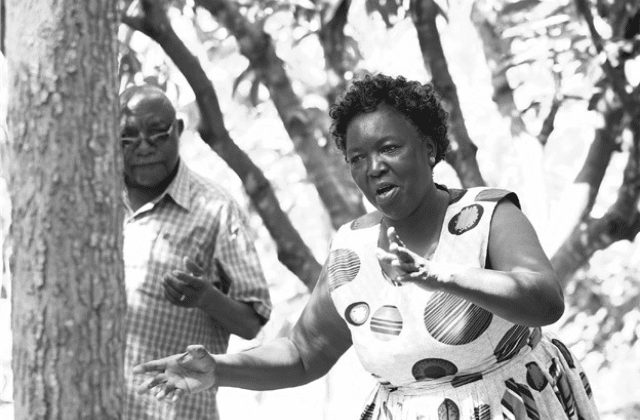



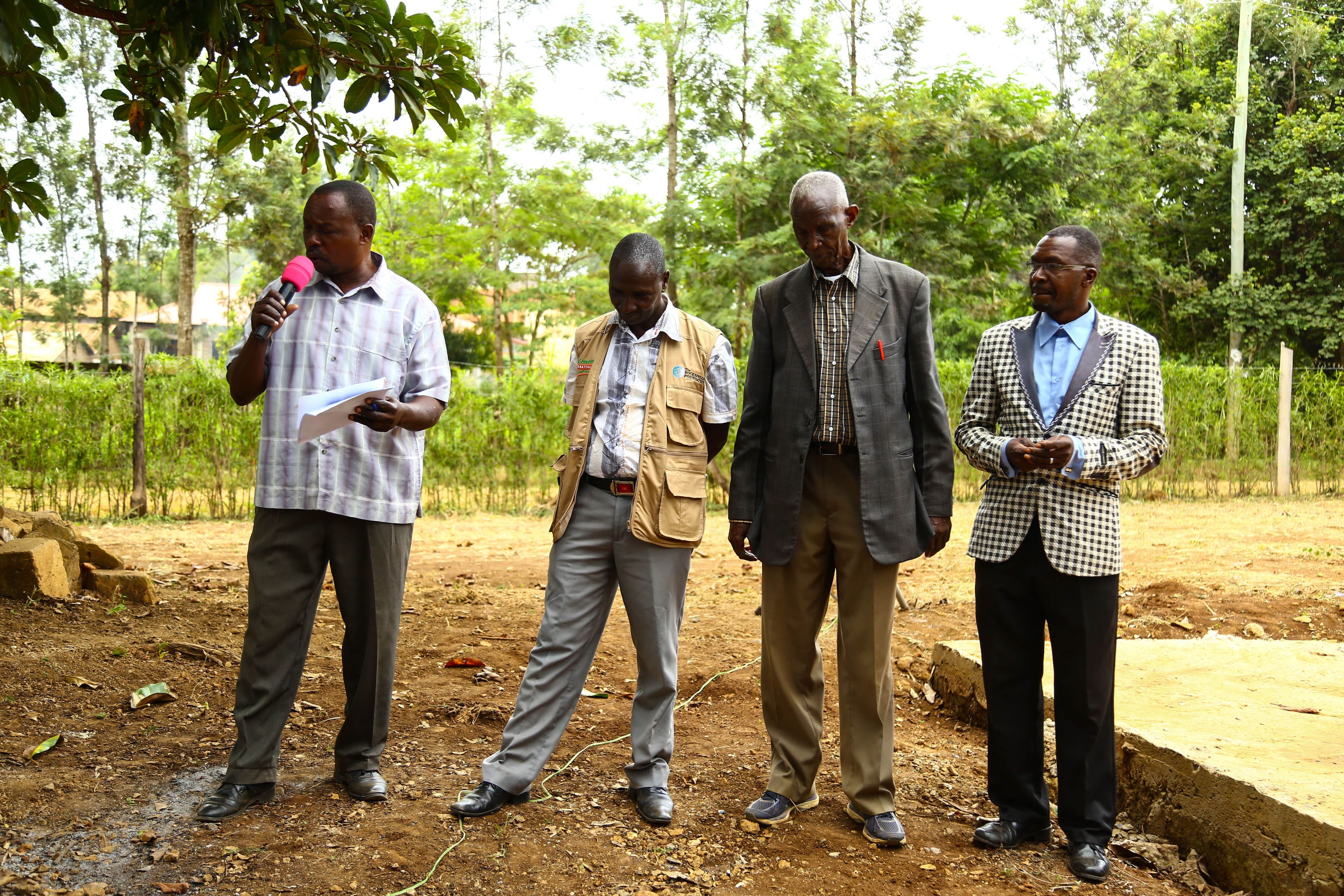
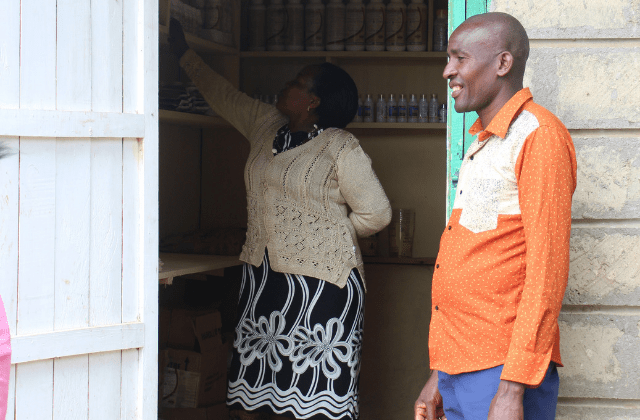
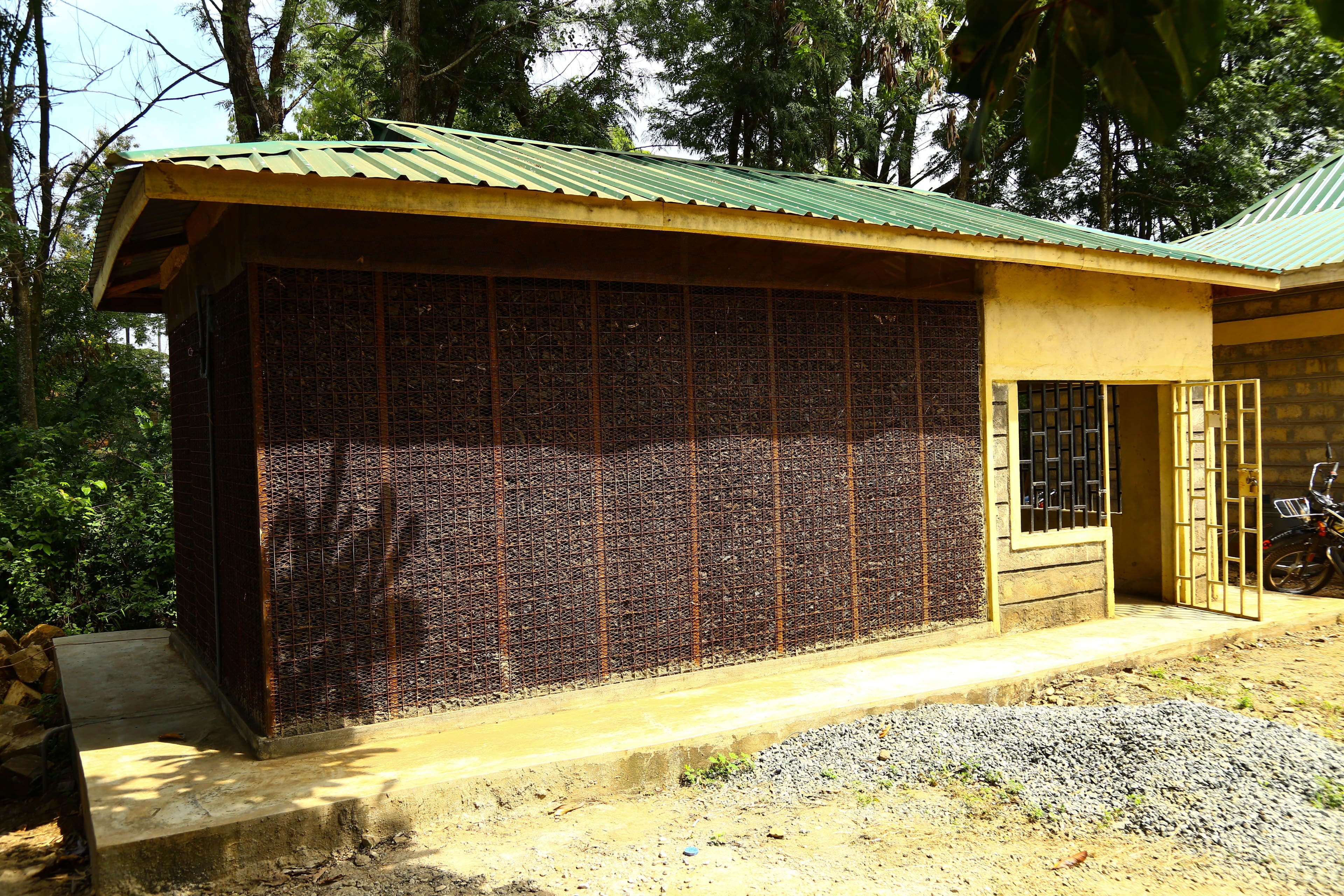
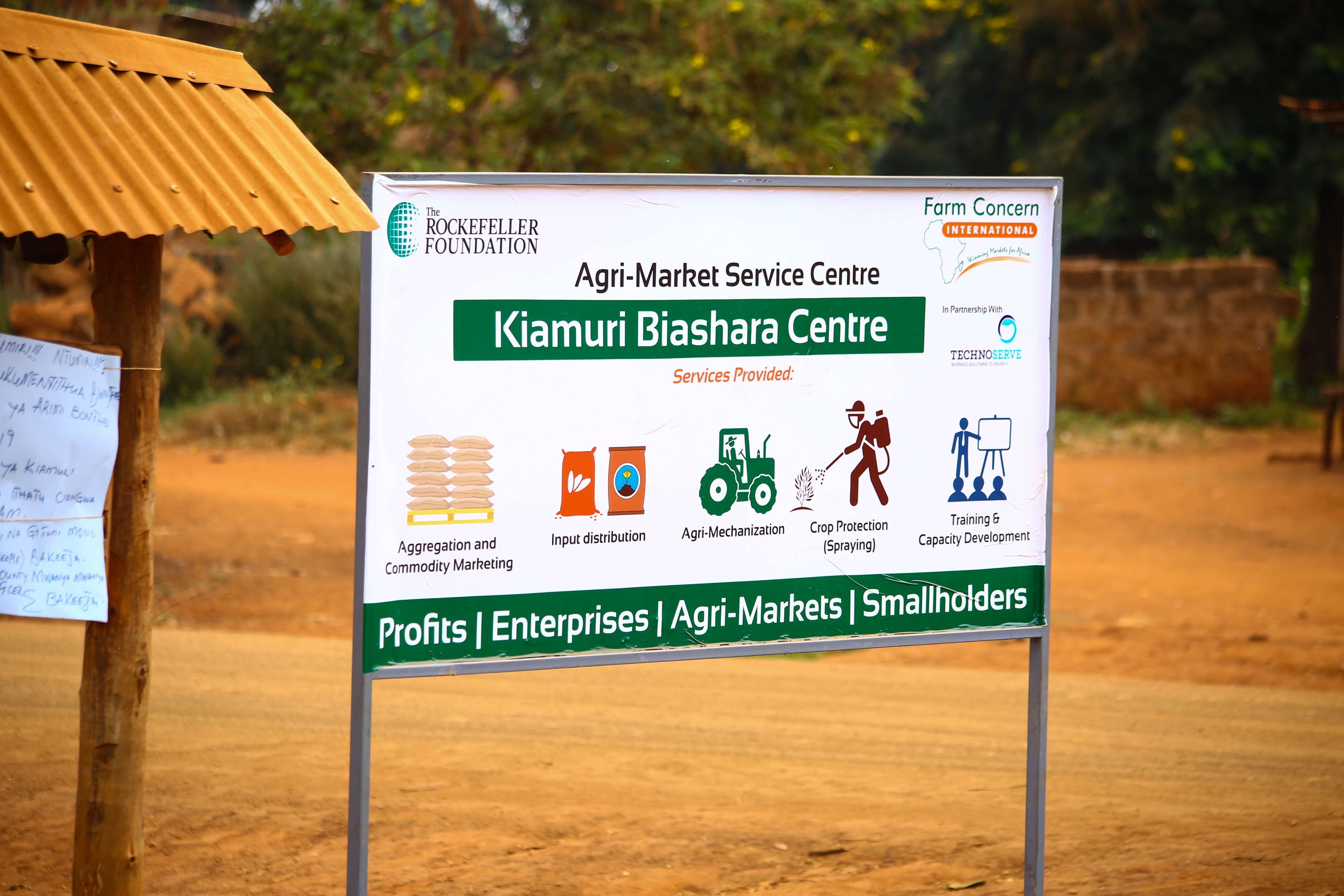
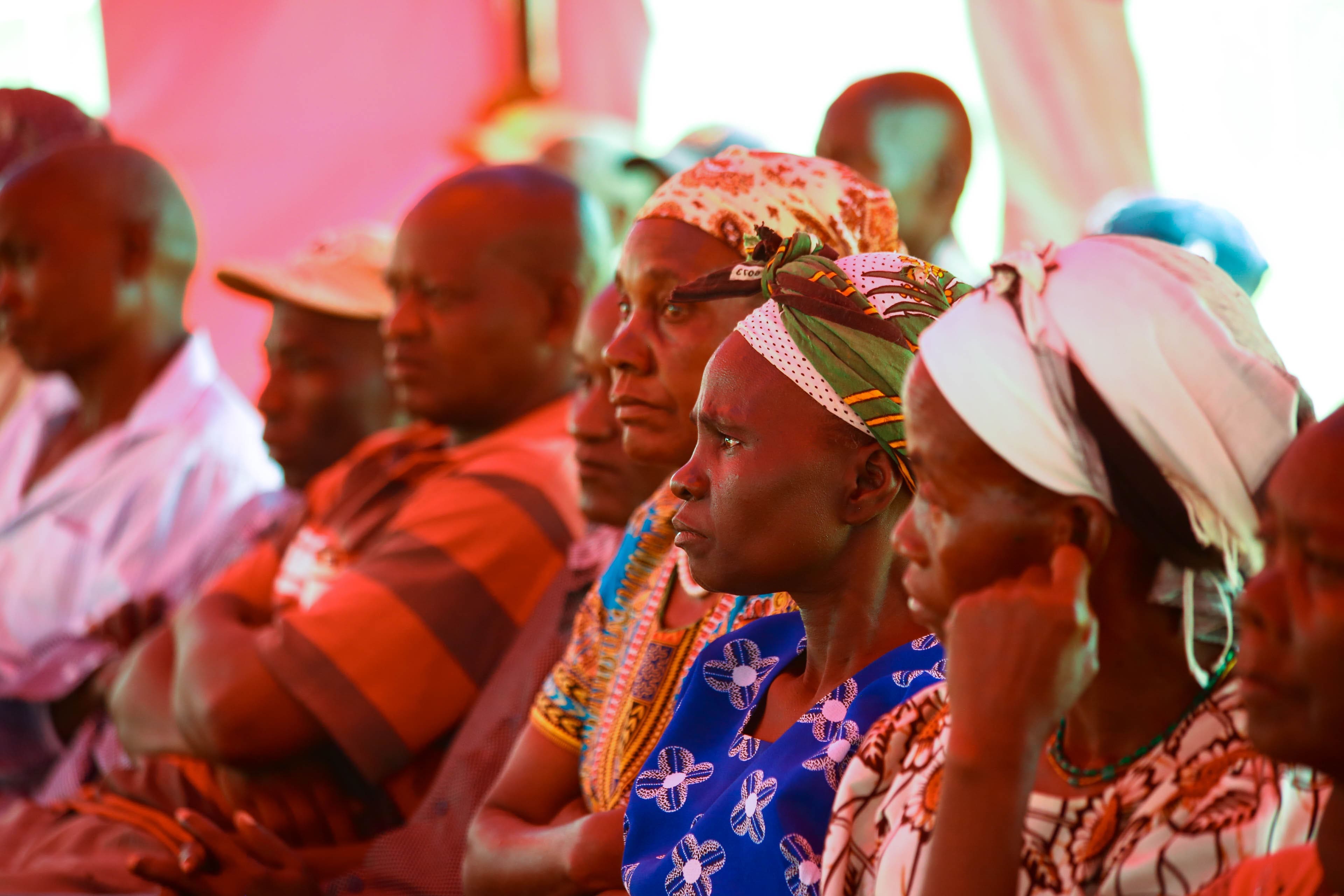
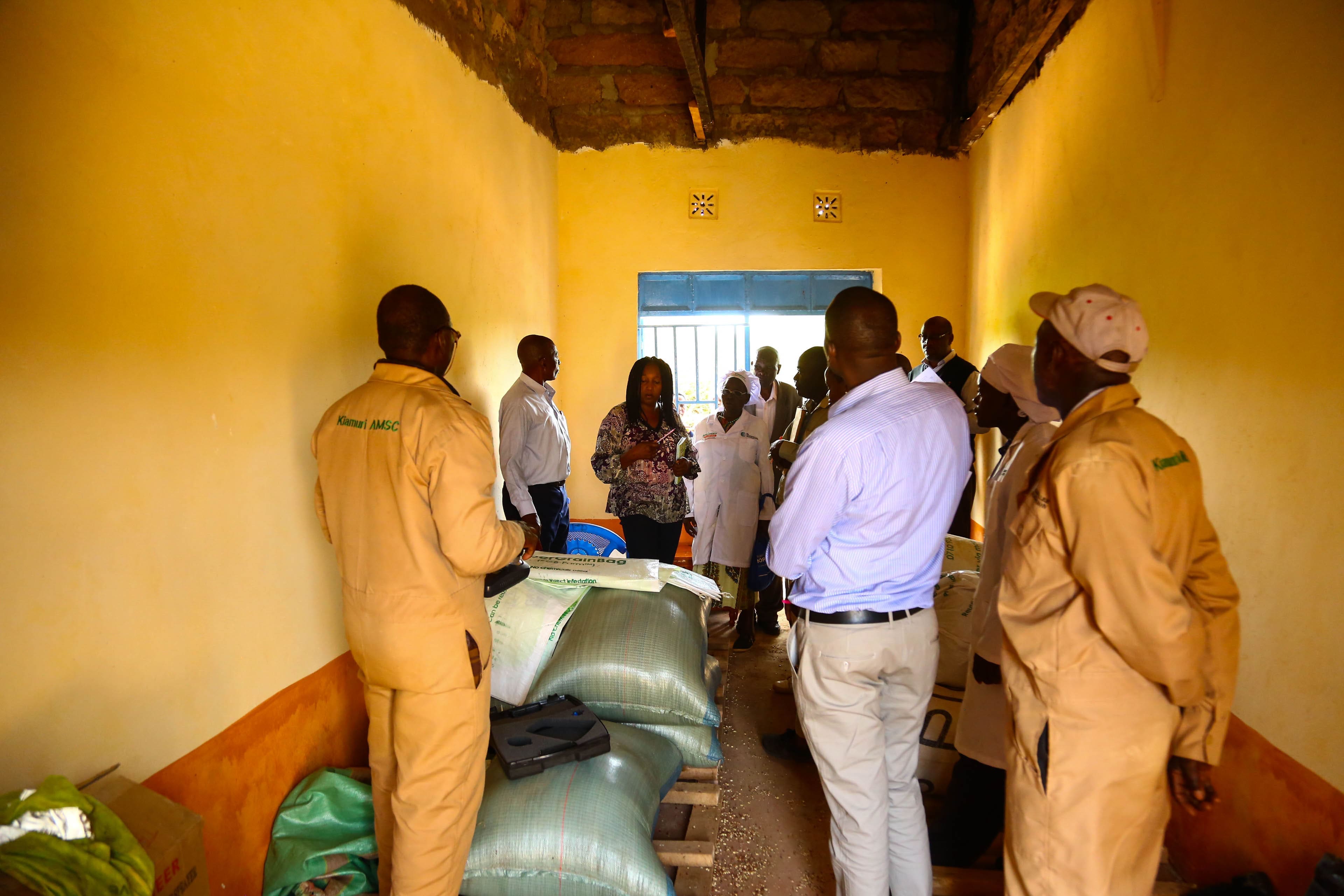
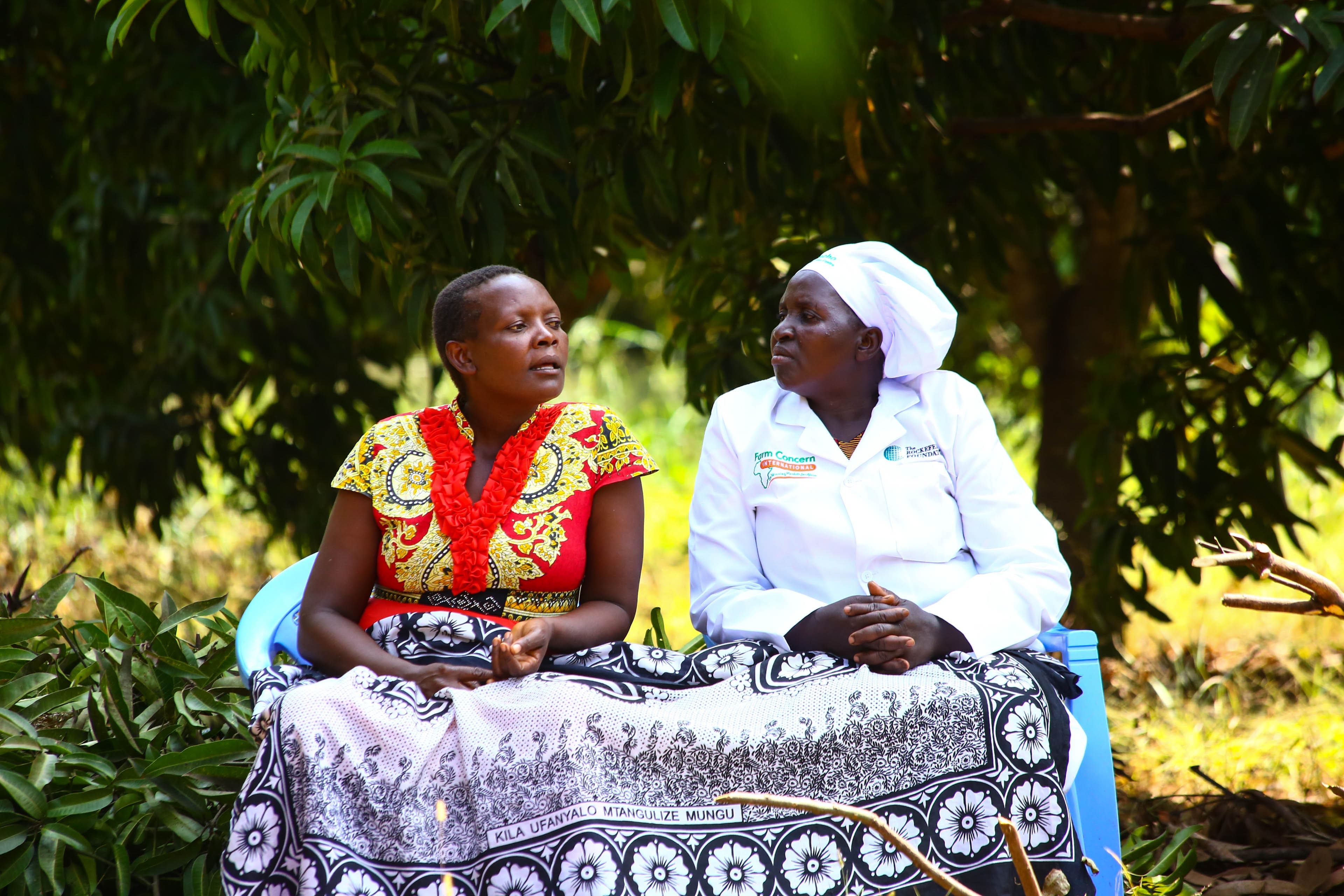
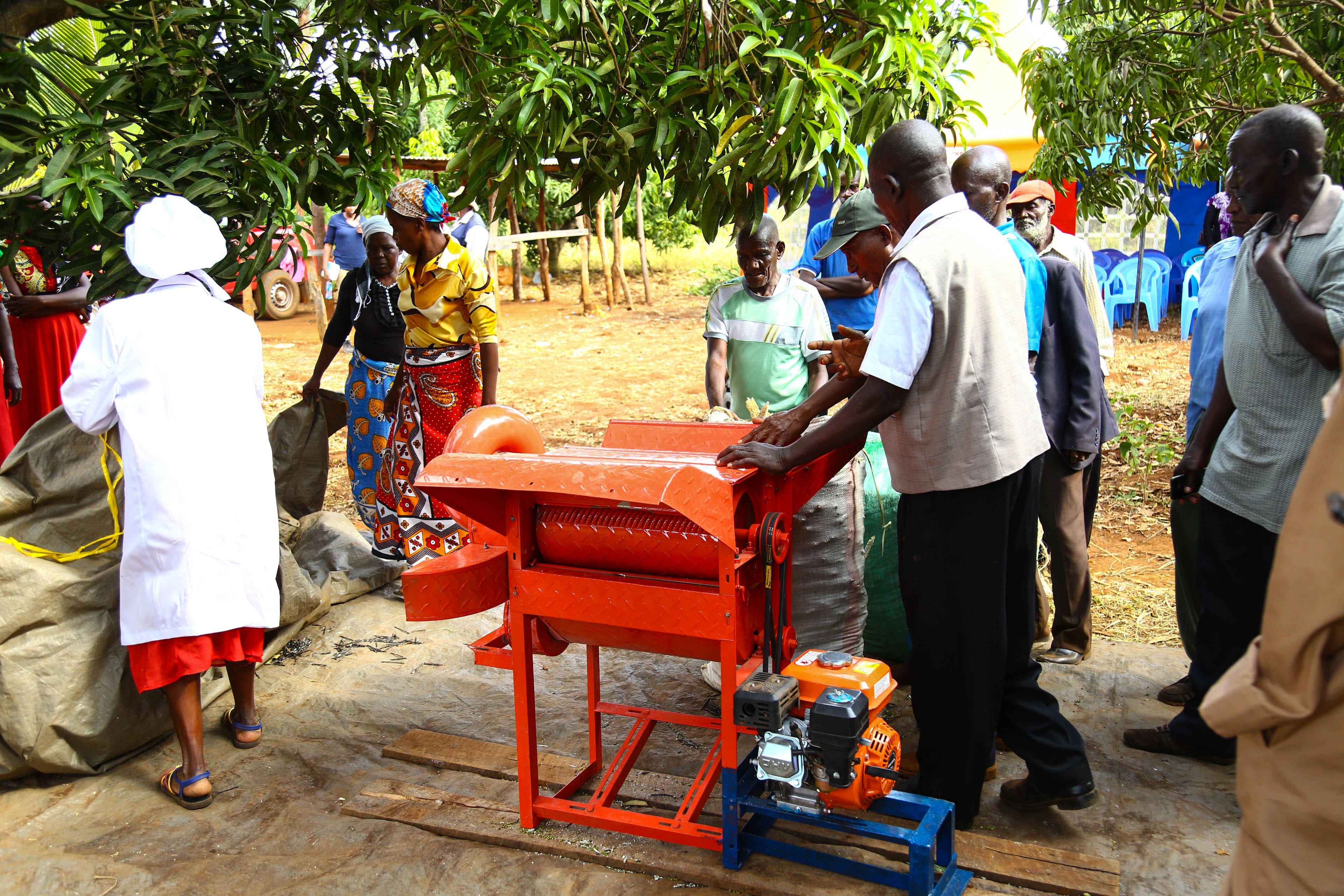
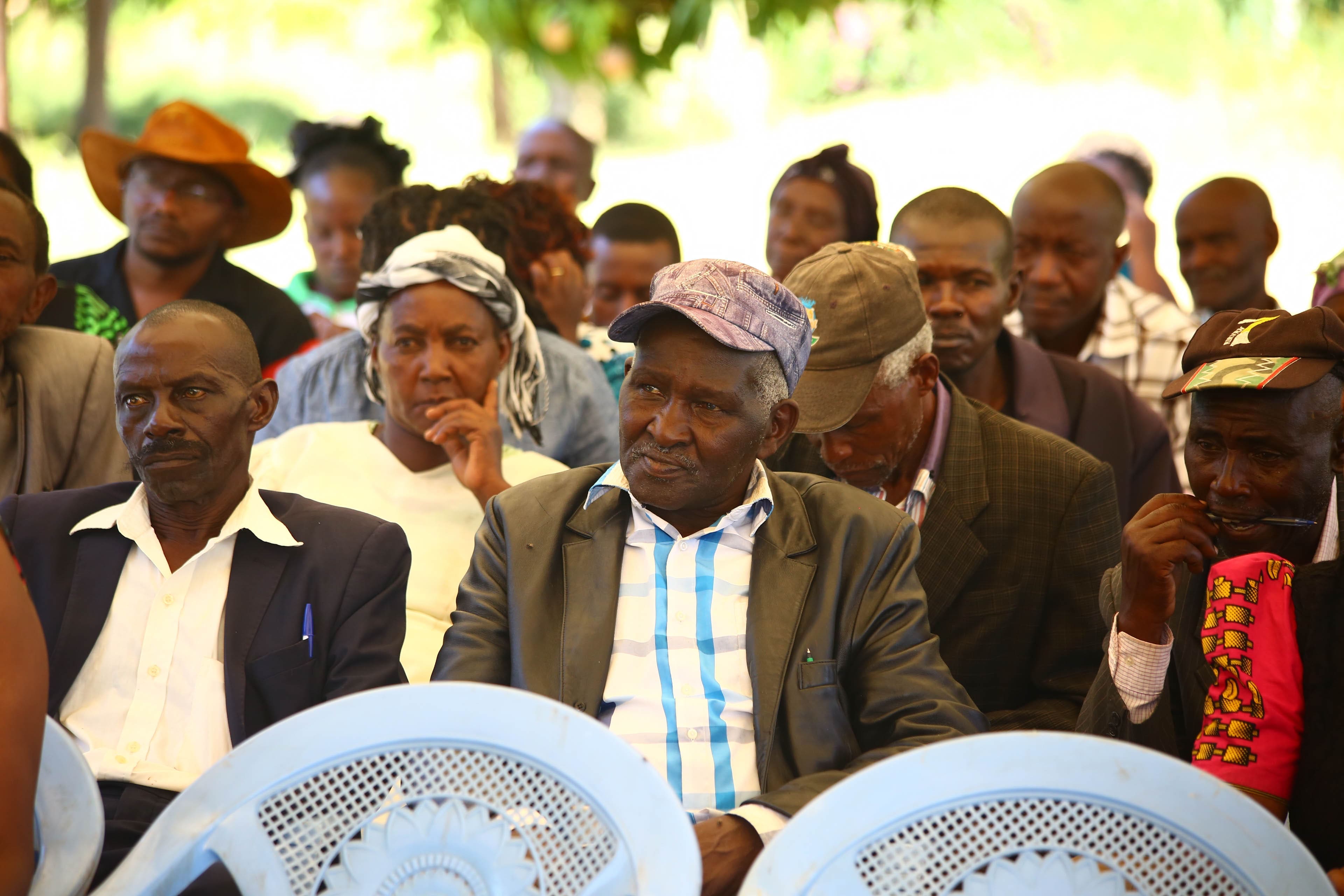
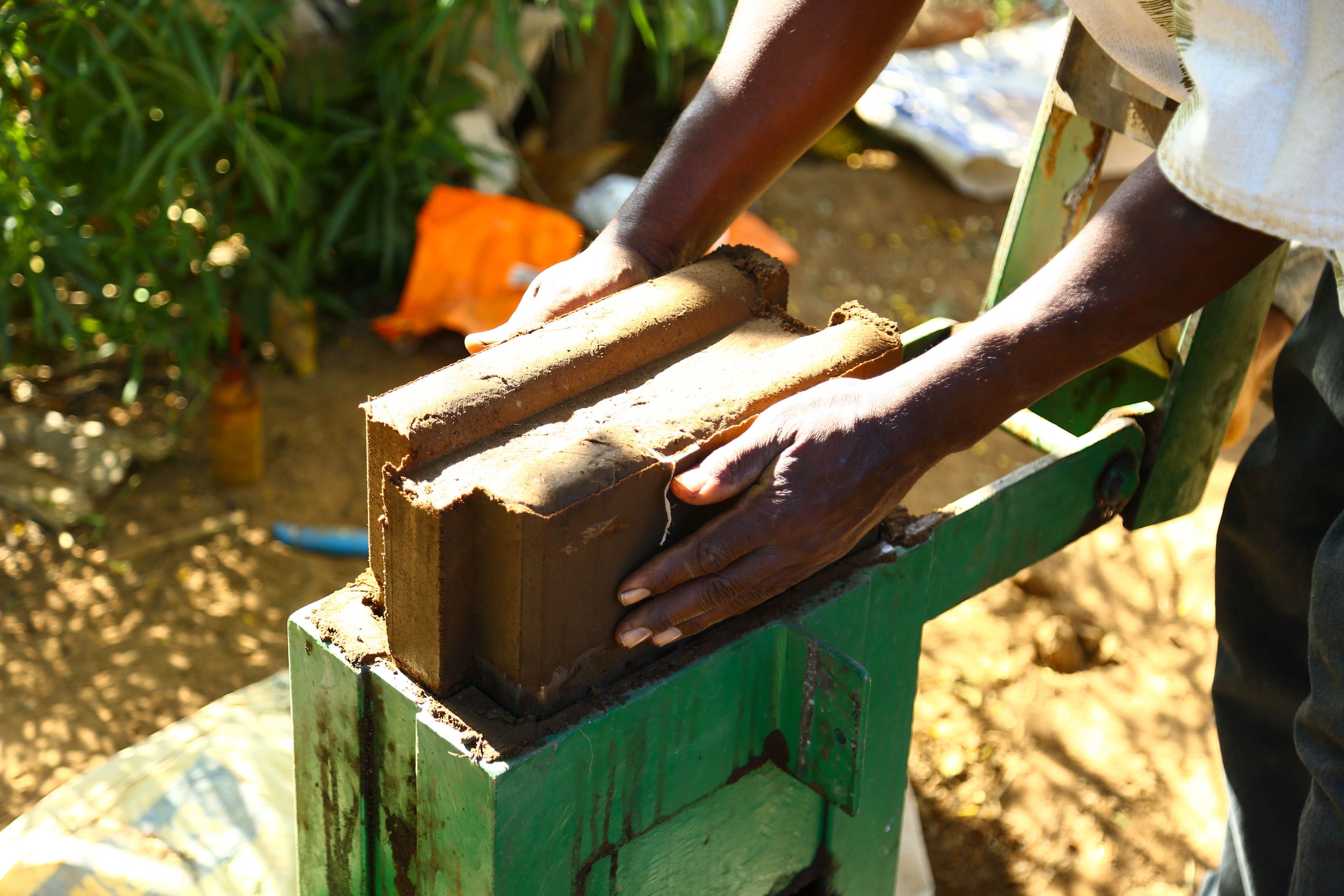
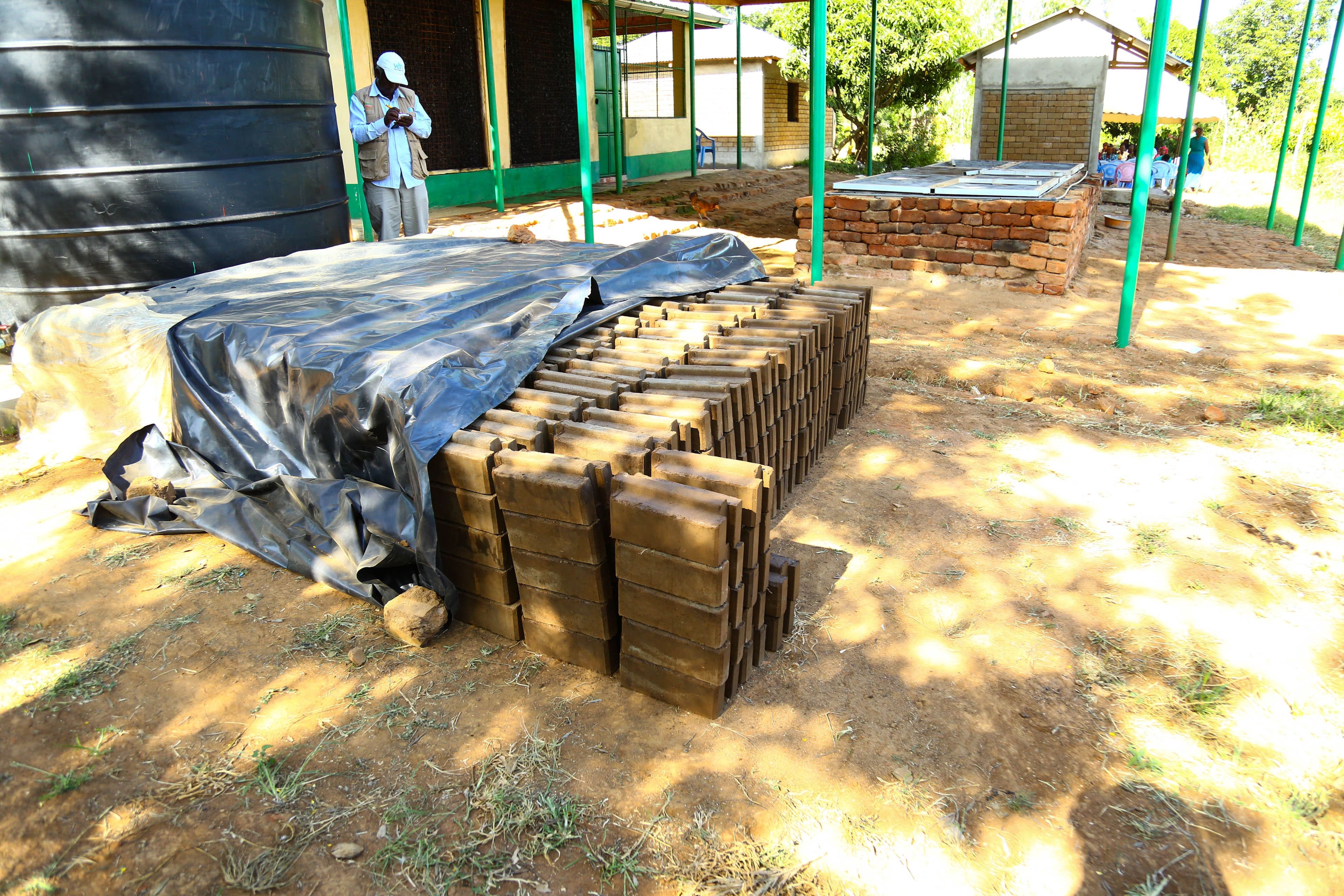
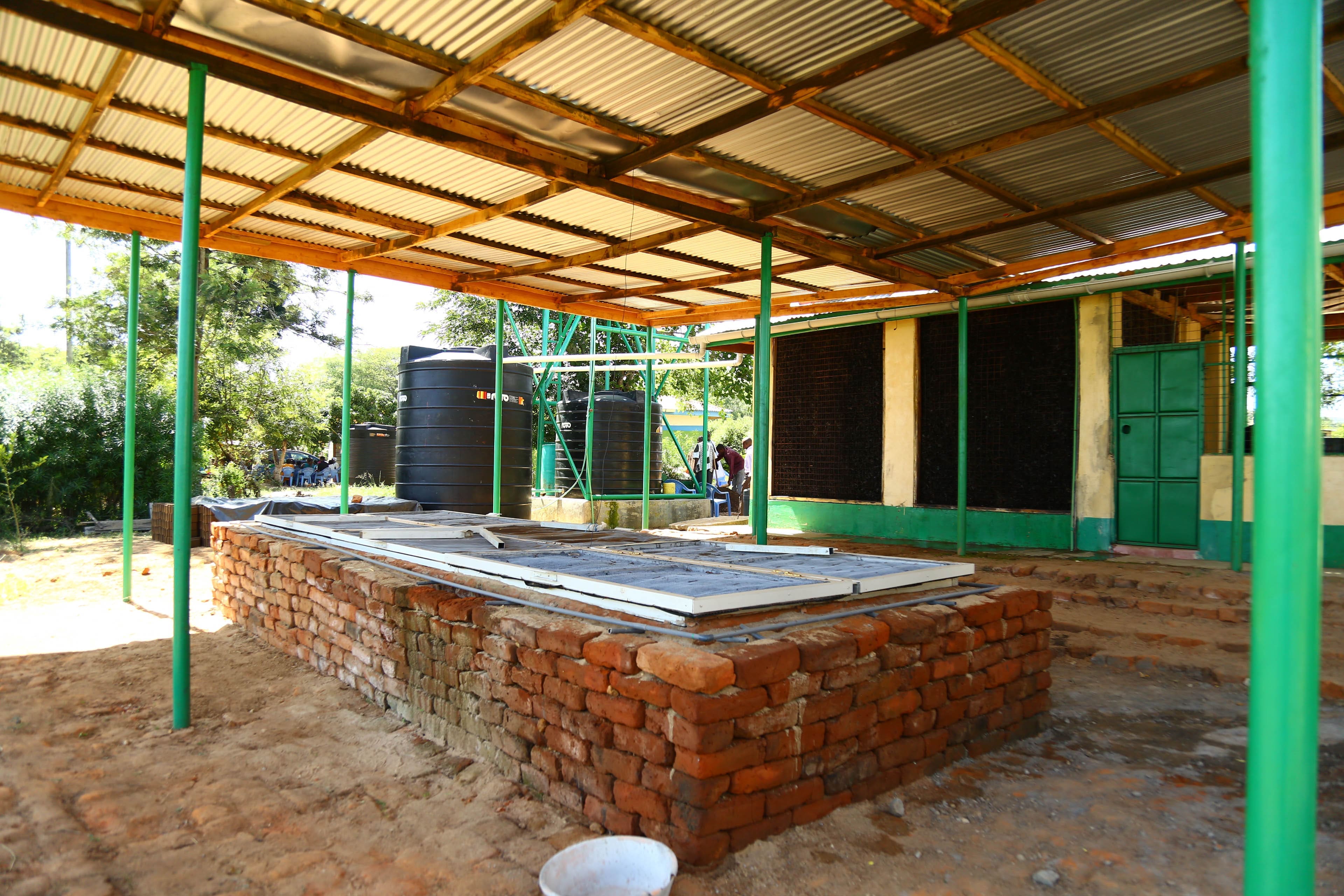
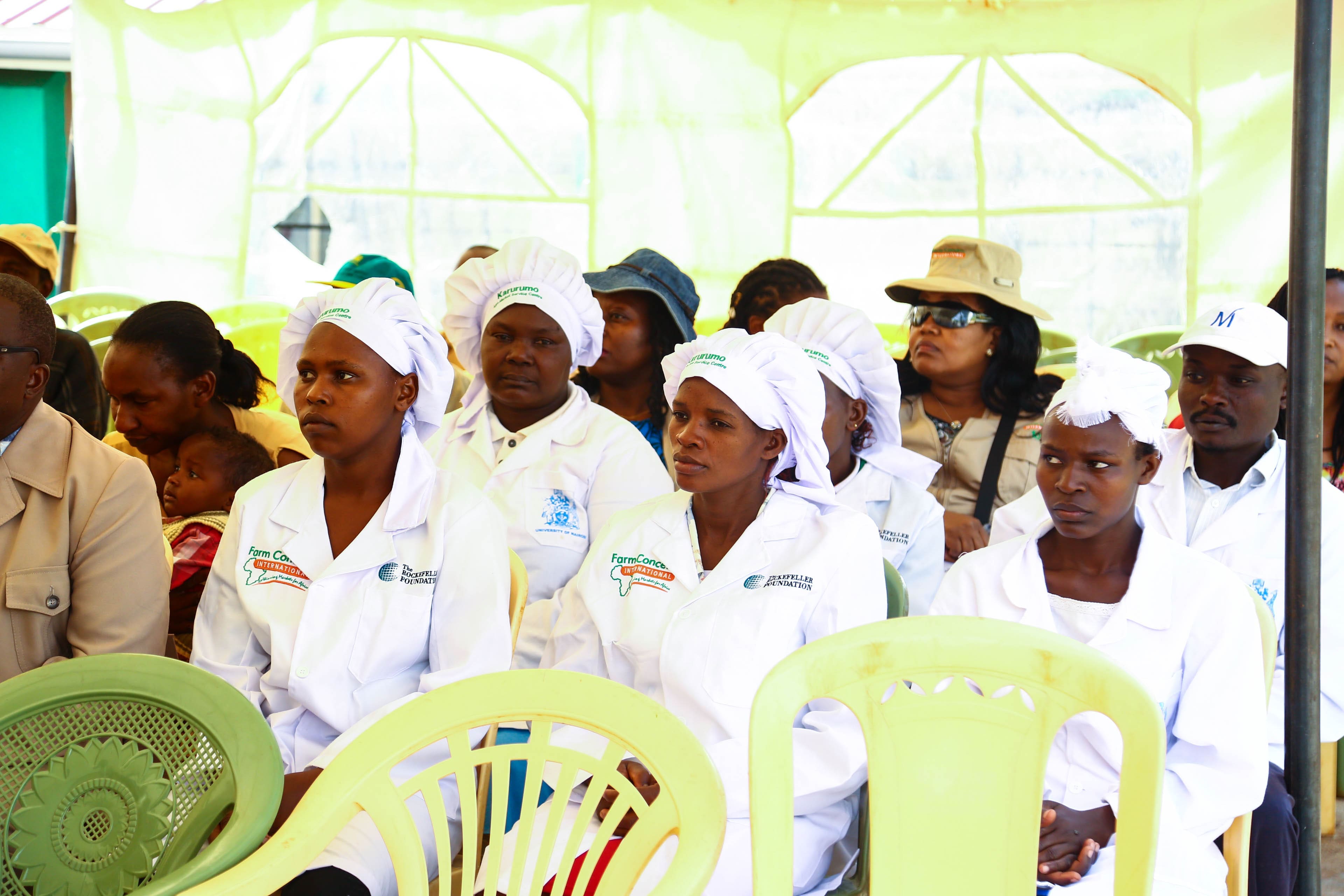
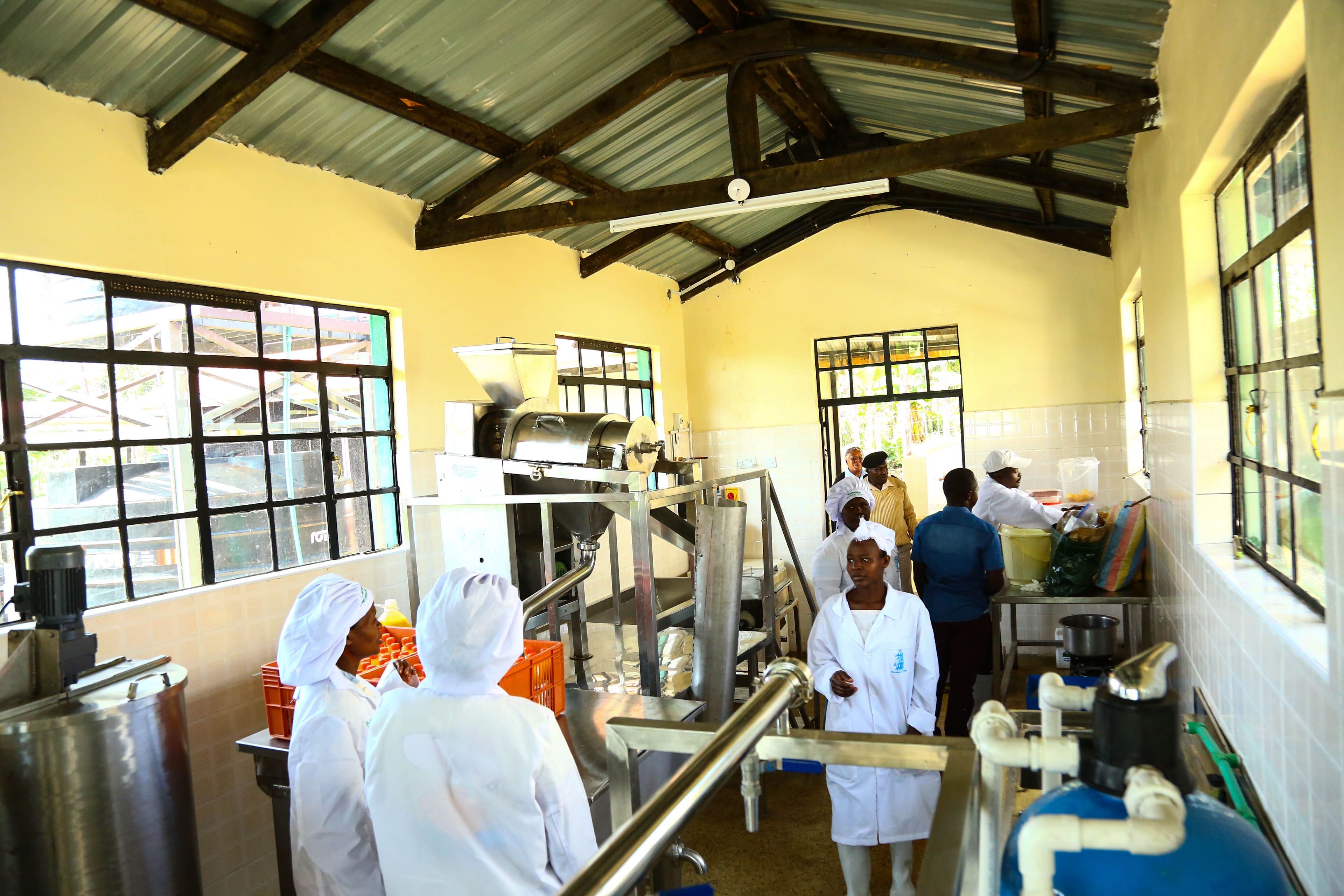
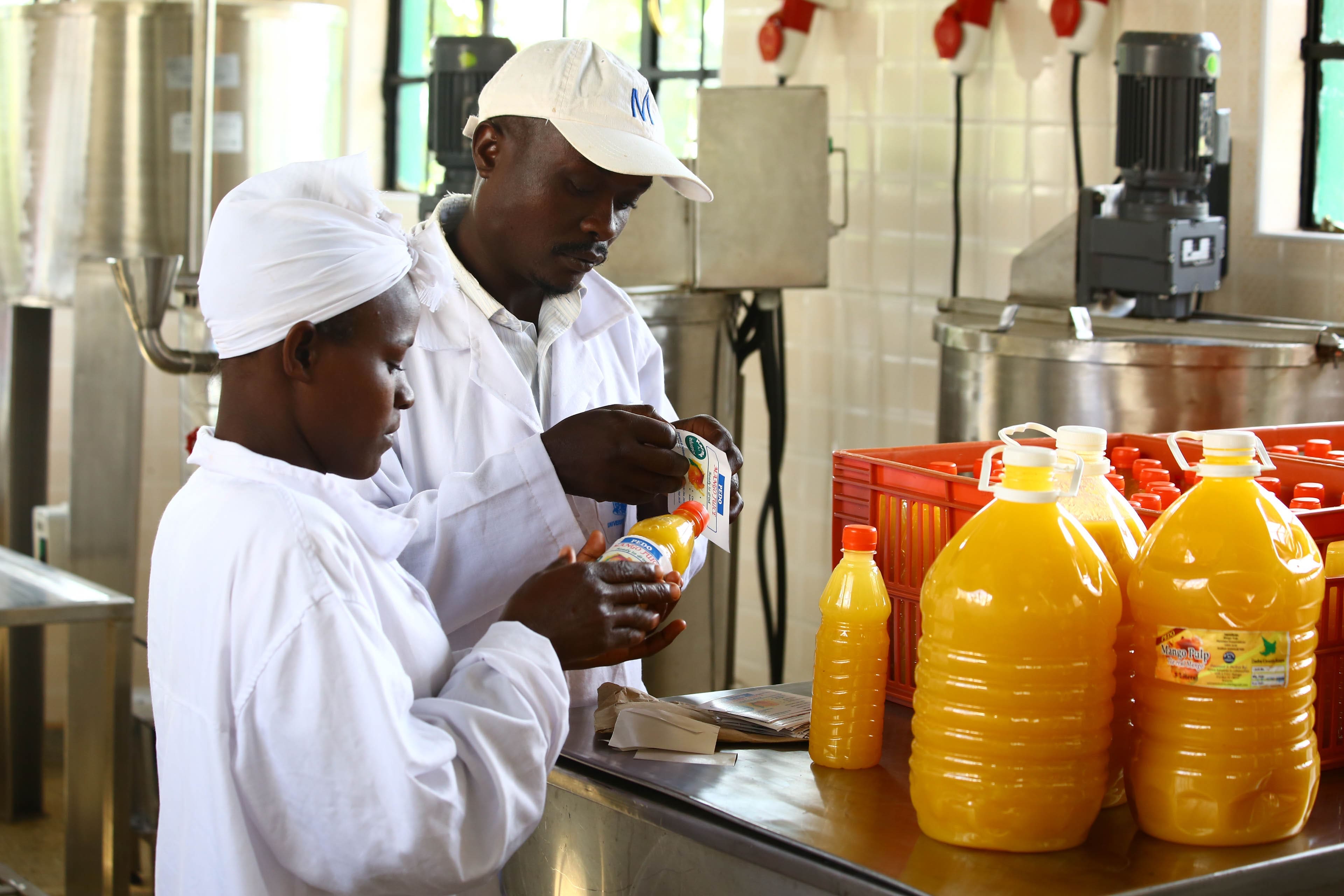
Leave a comment